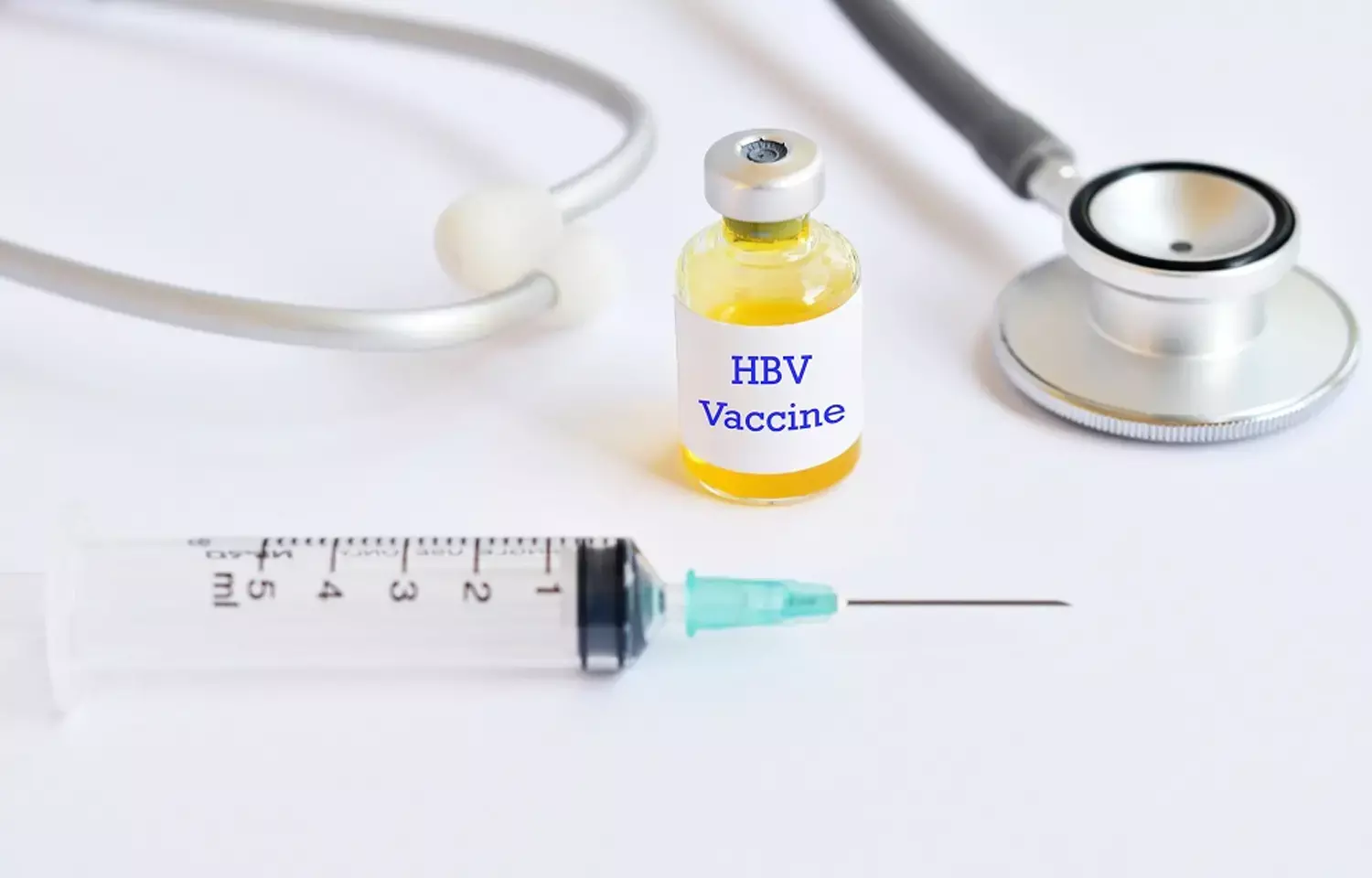- Home
- Medical news & Guidelines
- Anesthesiology
- Cardiology and CTVS
- Critical Care
- Dentistry
- Dermatology
- Diabetes and Endocrinology
- ENT
- Gastroenterology
- Medicine
- Nephrology
- Neurology
- Obstretics-Gynaecology
- Oncology
- Ophthalmology
- Orthopaedics
- Pediatrics-Neonatology
- Psychiatry
- Pulmonology
- Radiology
- Surgery
- Urology
- Laboratory Medicine
- Diet
- Nursing
- Paramedical
- Physiotherapy
- Health news
- Fact Check
- Bone Health Fact Check
- Brain Health Fact Check
- Cancer Related Fact Check
- Child Care Fact Check
- Dental and oral health fact check
- Diabetes and metabolic health fact check
- Diet and Nutrition Fact Check
- Eye and ENT Care Fact Check
- Fitness fact check
- Gut health fact check
- Heart health fact check
- Kidney health fact check
- Medical education fact check
- Men's health fact check
- Respiratory fact check
- Skin and hair care fact check
- Vaccine and Immunization fact check
- Women's health fact check
- AYUSH
- State News
- Andaman and Nicobar Islands
- Andhra Pradesh
- Arunachal Pradesh
- Assam
- Bihar
- Chandigarh
- Chattisgarh
- Dadra and Nagar Haveli
- Daman and Diu
- Delhi
- Goa
- Gujarat
- Haryana
- Himachal Pradesh
- Jammu & Kashmir
- Jharkhand
- Karnataka
- Kerala
- Ladakh
- Lakshadweep
- Madhya Pradesh
- Maharashtra
- Manipur
- Meghalaya
- Mizoram
- Nagaland
- Odisha
- Puducherry
- Punjab
- Rajasthan
- Sikkim
- Tamil Nadu
- Telangana
- Tripura
- Uttar Pradesh
- Uttrakhand
- West Bengal
- Medical Education
- Industry
2 dose Hepatitis B vaccine not significantly associated with increased MI risk compared to 3 dose vaccine: JAMA

When comparing the hepatitis B vaccination with a cytosine phosphoguanine adjuvant (HepB-CpG) vaccination to the HepB-alum vaccine, the statistical threshold for a higher risk of acute myocardial infarction was not met, says an article published in the Journal of American Medical Association.
In prelicensure trials, a 2-dose HepB-CpG vaccine (Heplisav-B) produced greater seroprotection than a 3-dose hepatitis B vaccine with an aluminium hydroxide adjuvant (HepB-alum vaccine; Engerix-B). However, in one trial, those who received the HepB-CpG vaccine had a higher rate of acute myocardial infarction (MI) than those who received the HepB-alum vaccine, a finding that warrants additional investigation. Katia Bruxvoort and colleagues undertook this study to examine the rate of acute MI in recipients of the HepB-CpG and HepB-alum vaccines.
Kaiser Permanente Southern California (KPSC), an integrated health care system with 15 medical sites and nearly 4.7 million members, undertook this prospective cohort noninferiority trial. From August 7, 2018, to October 31, 2019, 69 625 people who were not on dialysis received at least one dose of hepatitis B vaccine in either the family medicine or internal medicine departments at KPSC (November 30, 2020, final follow-up). Receipt of HepB-CpG vaccine vs. HepB-alum vaccine were given to the subjects. The index dose was given initially during the trial period.
The main findings of this study were as follow:
1. 51.2% (n = 15 965) of the 31 183 HepB-CpG vaccine recipients were men, and 52.7% (n = 16 423) were Hispanic.
2. 50.8% (19 533) of the 38 442 HepB-alum recipients were men, and 47.1% (n = 18 125) were Hispanic.
3. After IPTW, the vaccine groups were well-balanced in terms of characteristics.
4. Fifty-two type 1 acute MI events were confirmed among HepB-CpG vaccination recipients, resulting in a rate of 1.67 per 1000 person-years, while 71 type 1 acute MI events were confirmed among HepB-alum vaccine recipients, resulting in a rate of 1.86 per 1000 person-years.
In conclusion, when comparing the HepB-CpG vaccination to the HepB-alum vaccine, the statistical threshold for an increased risk of acute myocardial infarction was not met.
Reference: Bruxvoort K, Slezak J, Qian L, et al. Association Between 2-Dose vs 3-Dose Hepatitis B Vaccine and Acute Myocardial Infarction. JAMA. Published online March 25, 2022. doi:10.1001/jama.2022.2540
Keywords: myocardial infarction, Hepatitis B, aluminium, vaccine, cytosine, phosphoguanine, cardiovascular, JAMA
Medical Dialogues consists of a team of passionate medical/scientific writers, led by doctors and healthcare researchers. Our team efforts to bring you updated and timely news about the important happenings of the medical and healthcare sector. Our editorial team can be reached at editorial@medicaldialogues.in.
Dr Kamal Kant Kohli-MBBS, DTCD- a chest specialist with more than 30 years of practice and a flair for writing clinical articles, Dr Kamal Kant Kohli joined Medical Dialogues as a Chief Editor of Medical News. Besides writing articles, as an editor, he proofreads and verifies all the medical content published on Medical Dialogues including those coming from journals, studies,medical conferences,guidelines etc. Email: drkohli@medicaldialogues.in. Contact no. 011-43720751


